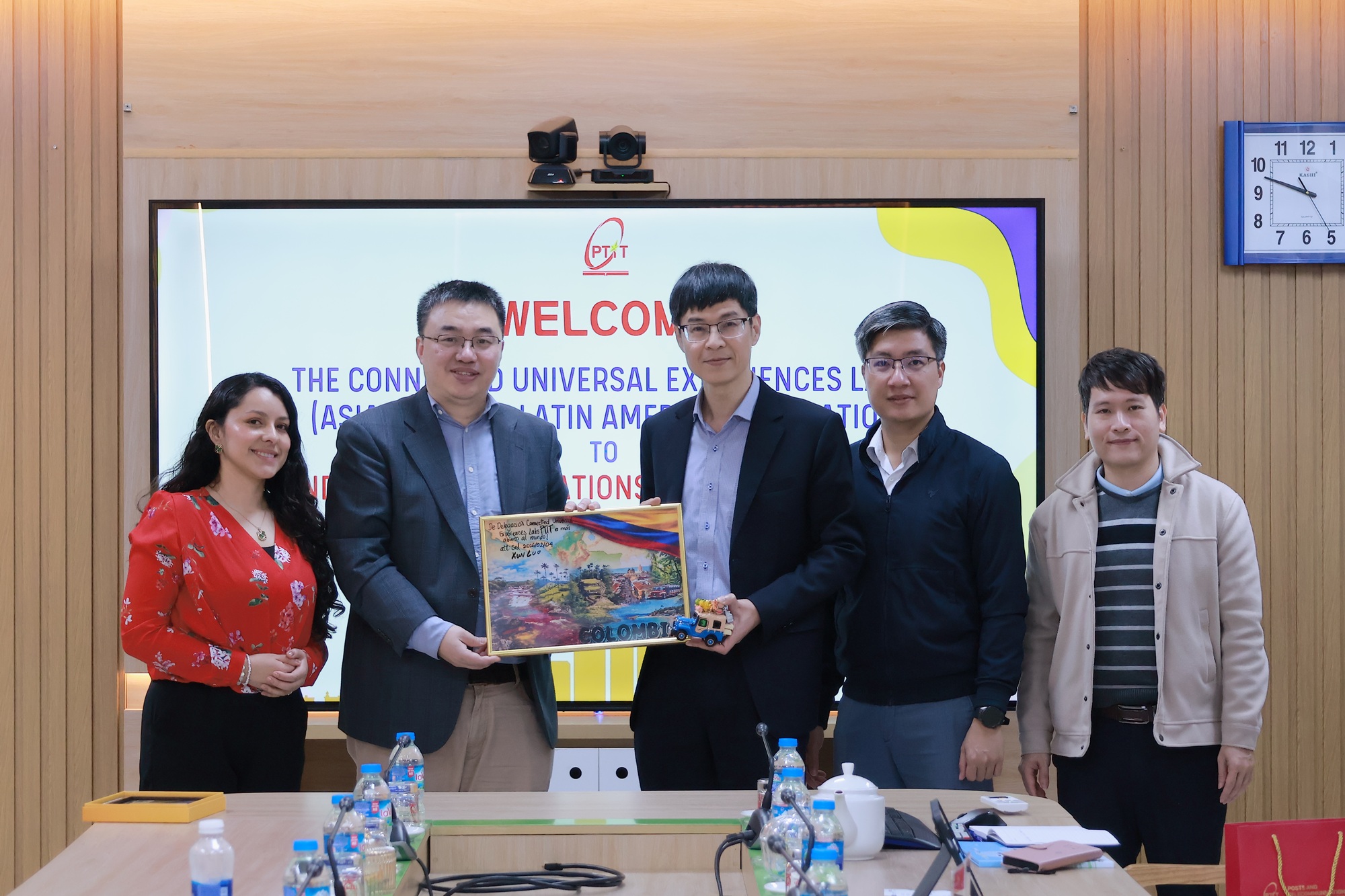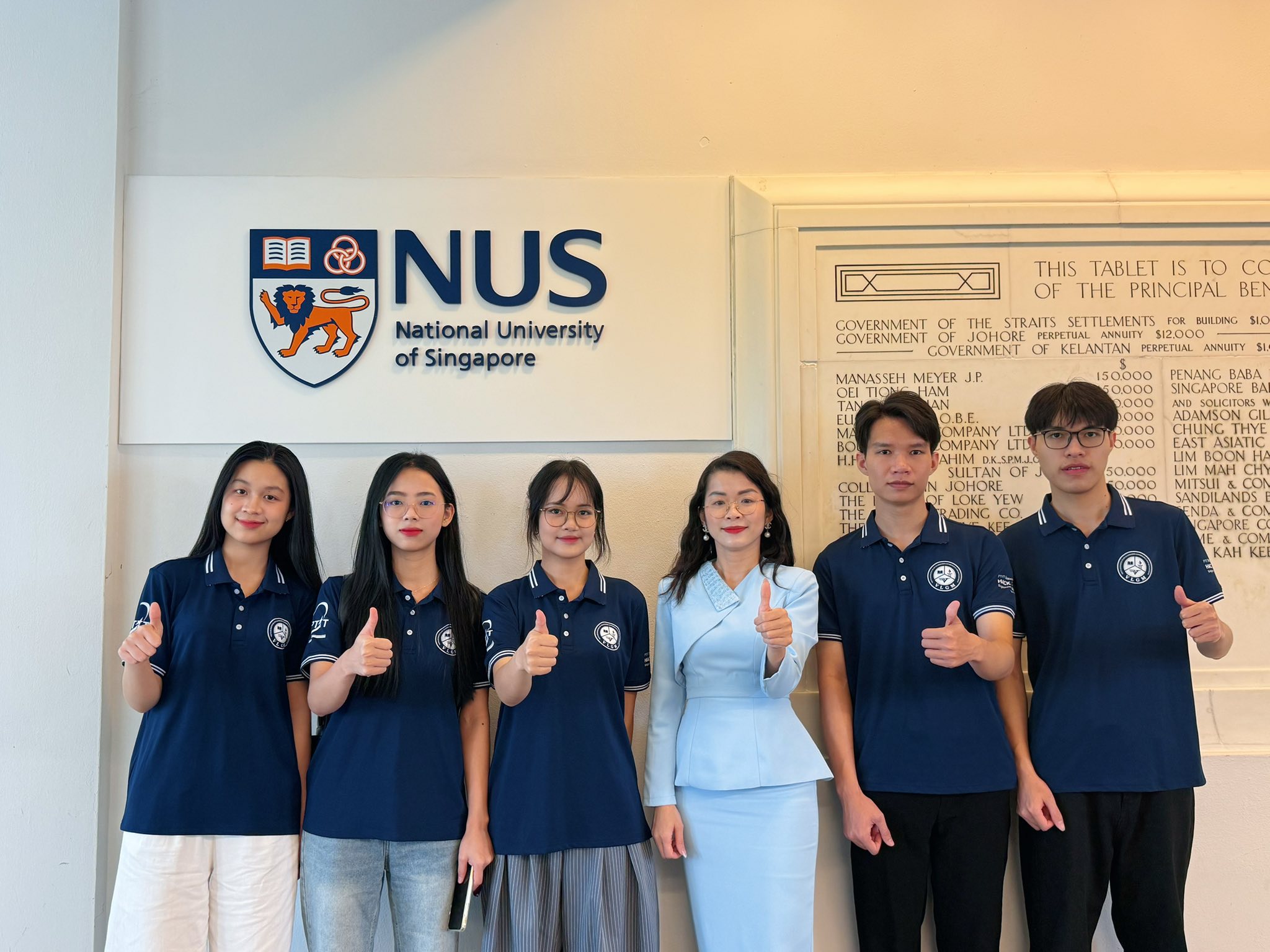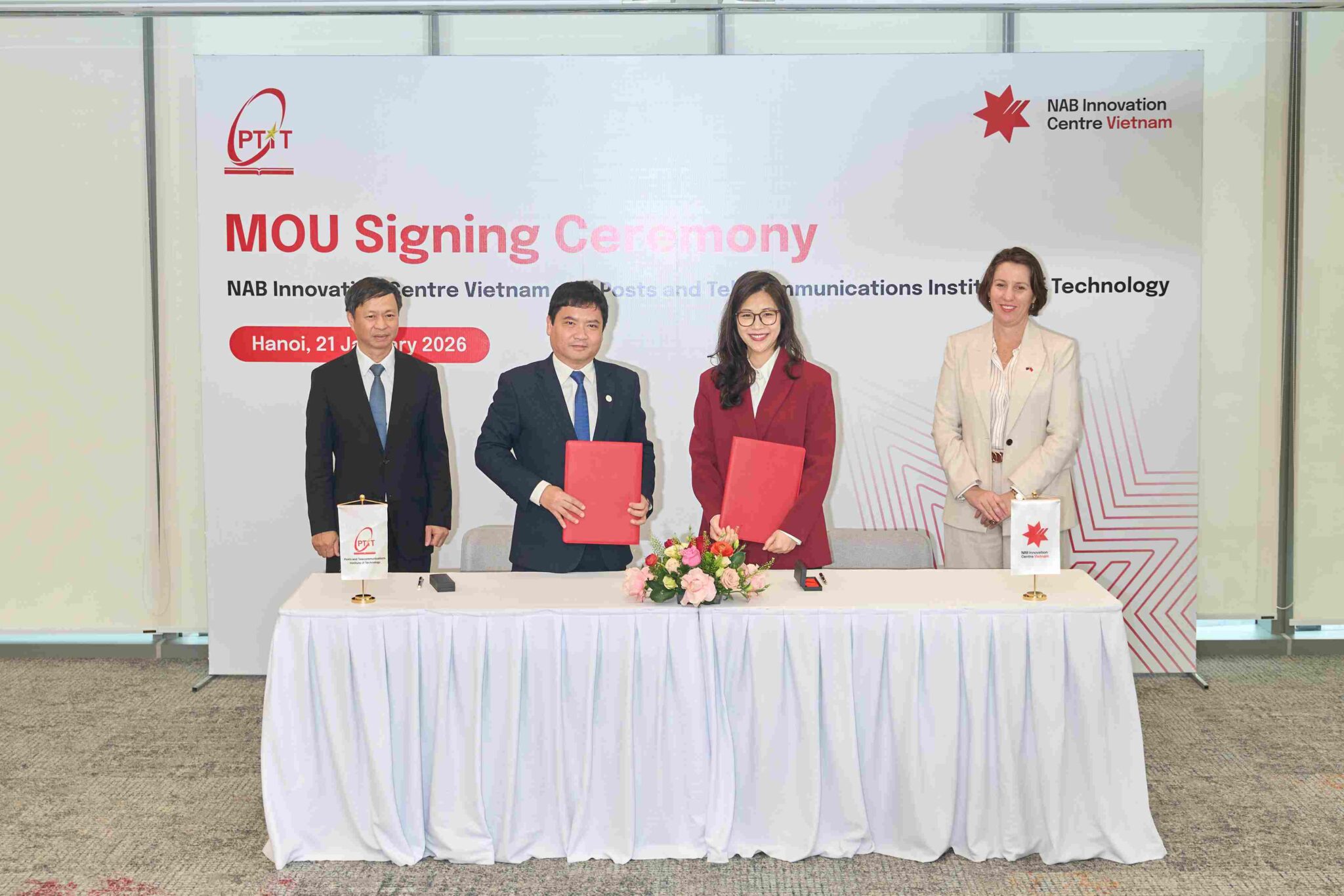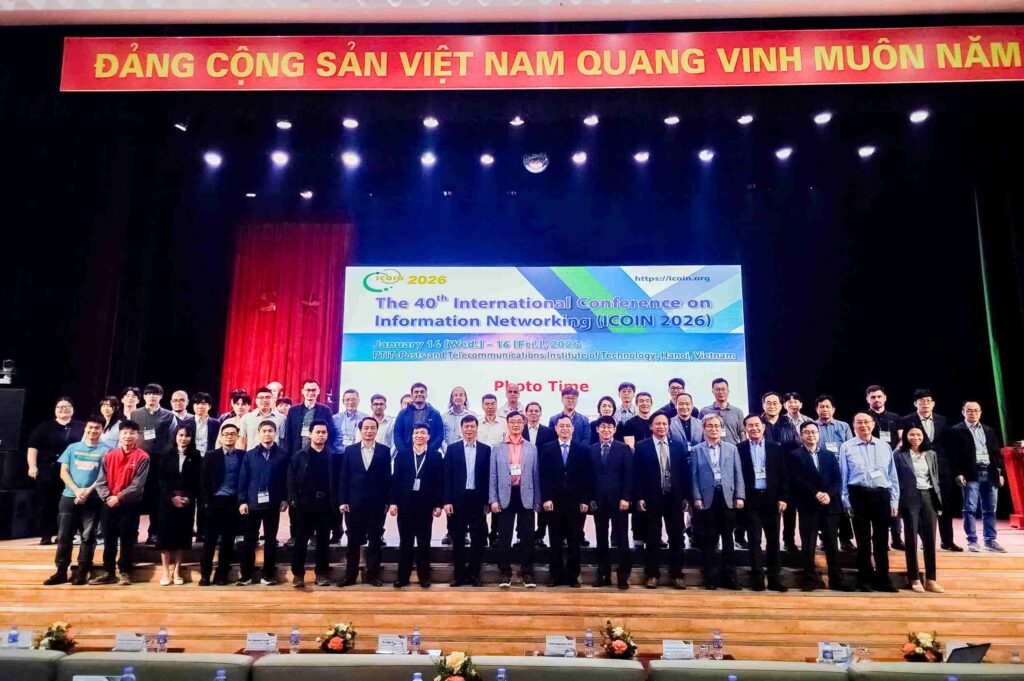Intel has announced the results of the annual AI Global Impact Festival, featuring participation from numerous universities across 25 countries worldwide. Among the honorees, students from the Posts and Telecommunications Institute of Technology (PTIT) in Vietnam were recognized for their innovative project that supports disaster relief efforts during natural disasters.
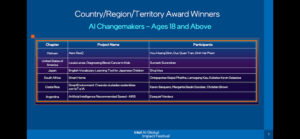
Specifically, the project “Aero ResQ: A Wi-Fi and AI-Based UAV Disaster Relief Support System” from PTIT students triumphed in the national category for Vietnam, thanks to its high practical applicability, surpassing other domestic teams.
The Aero ResQ project delves into the application of AI to enhance search and rescue operations in the face of increasingly frequent natural disasters worldwide, including earthquakes, floods, tsunamis, wildfires, and landslides. Such events often result in individuals going missing or becoming trapped. Conducting search and rescue operations in these emergency situations has become a challenging task, demanding accuracy, efficiency, and speed.
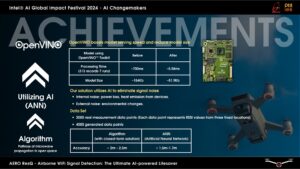
The students proposed a method that employs Wi-Fi signal analysis technology and machine learning to enhance search capabilities in challenging terrains. By equipping drones with the ability to detect Wi-Fi signals, search teams can locate and identify victims based on signals emitted from personal devices, such as smartphones.
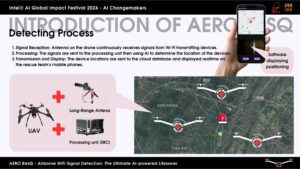
The project is expected to accelerate rescue efforts and increase the chances of saving disaster victims.
Dawn Jones, Vice President of Intel’s Corporate Social Impact group and Chair of the Intel Foundation, stated: “The development and practical application of AI hold immense potential for creating solutions that enhance accessibility, diversity, and sustainable development to improve lives for everyone. I am truly impressed by these young technology scientists. They understand and leverage AI to explore new opportunities for making the world a better place. With such brilliant minds, the research and development of AI in the future to maximize the potential of this technology for good is limitless.”
This year’s festival also introduced new learning opportunities tailored to students in various fields: AI applications in sports, AI applications in space science, and AI for entrepreneurship.
Students will receive certificates from Intel upon completing the course. Additionally, they will have access to existing courses, including Introduction to GenAI, Responsible AI Skills, and a course on the Intel® Tiber™ AI Cloud Toolkit and OpenVINO™.
“The Intel® AI Global Impact Festival is a competition that honors AI projects that creatively apply Intel technology to address community issues and align with the United Nations’ Sustainable Development Goals. With the theme “Bringing AI Everywhere to Everyone,” this fourth AI competition organized by Intel aims to promote the development of AI in a holistic, fair, and accessible manner.
The event is part of Intel’s RISE goals (responsibility, inclusion, sustainability, and empowerment) and its commitment to using technology for social good. This marks the first time that Intel’s AI competition has included student teams from Vietnam.
Intel is committed to providing AI skills to everyone, regardless of ethnicity, age, gender, or background, through digital readiness programs aimed at reaching 30 million people in 30,000 organizations across 30 countries by 2030. Currently, Intel has trained AI skills for over 7 million individuals worldwide, collaborating with 29 national governments and 27,000 organizations.
For more information and details on award-winning projects, readers can visit the competition’s website until October 25, 2024.

